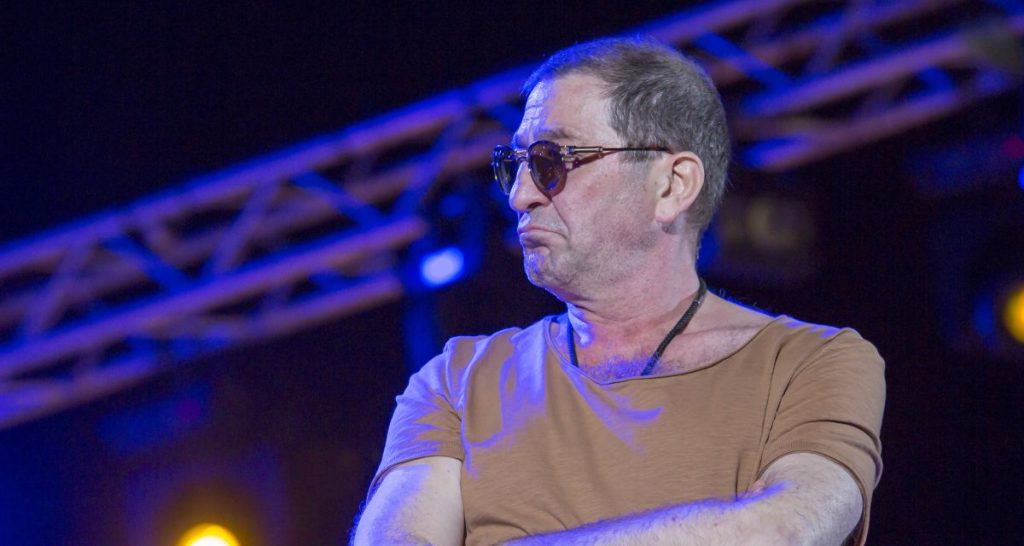War often distorts public discourse, but some statements stand out for their tone-deaf timing.
Others are reading now
As Russia’s campaign in eastern Ukraine continues to level entire cities, a prominent entertainer aligned with the Kremlin has drawn widespread criticism for suggesting a symbolic rebranding of a shattered community.
The comment arrived just as Ukrainian and foreign media documented the devastation in Pokrovsk, one of the most heavily bombed cities of the past two years.
Cultural decline
Russian performer Grigory Leps, known for openly supporting Moscow’s full-scale invasion, proposed renaming Pokrovsk after Russia’s president once the city is fully occupied, reported the Ukrainian outlet Dialog.ua.
His remarks circulated instantly online, where users described them as another example of the moral collapse of Russia’s cultural elite.
Leps also suggested restoring the Soviet-era name Krasnoarmeysk.
Also read
“Putingrad. I think it should be called Krasnoarmeysk when we win… Our great president should have his own Putingrad so that descendants remember his great deeds,” he said.
Ruins and reality
The reaction was swift. Critics noted that Pokrovsk today is almost entirely destroyed, with weeks of Russian aerial attacks reducing neighborhoods to rubble.
The city’s remaining residents fled under bombardment, while advancing Russian forces continued to target civilian areas.
Commentators said the idea of attaching the president’s name to such devastation underscores the contradictions of Moscow’s rhetoric about “liberation.”
They argued that the notion of celebrating destruction with a new name captures the broader logic of the war: level a city, then attempt to redefine it.
Also read
Symbolism questioned
In Ukrainian media and across social platforms, observers pointed out the perceived cynicism of the proposal.
Pokrovsk lost schools, hospitals and basic infrastructure in the bombardments of 2024–2025, making it one of the conflict’s hardest-hit urban centers.
Against this background, the suggestion to honour Russia’s leader with a renamed “Putingrad” struck many as grotesque.
Even some pro-war commentators reacted with disbelief, according to users quoted by LA.LV.
Wider pattern
Leps has long been associated with strong loyalty to the Kremlin, a stance critics say is rewarded with performance contracts, state funding and visibility.
Also read
Social media users claimed his latest statement reflects a broader trend among artists who echo government narratives.
Yet the public mockery that followed suggests that even within pro-Kremlin circles, the idea crossed an unspoken line.
For many observers, the episode illustrates how far Russia’s cultural environment has shifted under the pressures of wartime propaganda.
Sources: LA.LV, Dialog.ua


